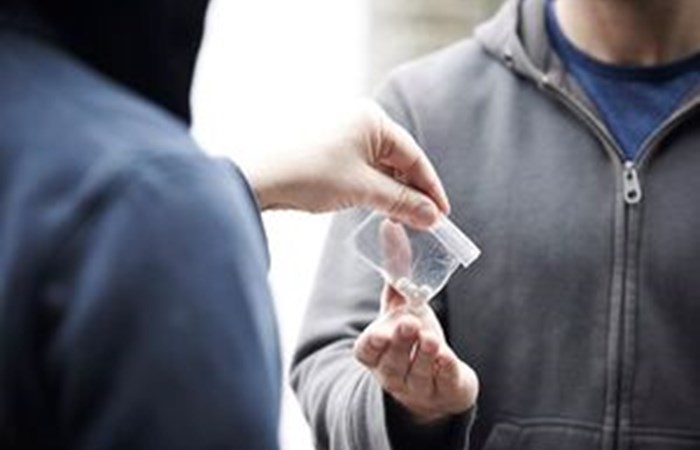Home Office

An independent review into the harms that monkey dust and other synthetic cathinones pose has been commissioned as the government continues its work to combat drug addiction and violent crime.
Currently a Class B substance, the drug is reported to be responsible for acts of violence and arson particularly in Stoke-on-Trent.
There have also been concerns about the impact of synthetic cathinones on peoples heath, with reported effects including hallucinations, psychosis and involuntary body movements.
The Policing Minister has asked the Advisory Council on the Misuse of Drugs (ACMD) to consider whether these substances, including monkey dust, should be made Class A drugs to keep communities safe. By making this a Class A substance, criminals caught suppling this drug will face a life sentence.
Minister for Crime and Policing Chris Philp said:
These synthetic drugs ruin lives, families and neighbourhoods. Made in labs and pumped into our communities, our drug laws must keep pace with their evolution.
We are tackling the supply and demand for illegal substances to reduce addiction and its effects, including driving down crime and antisocial behaviour.
I look forward to receiving the Advisory Council on the Misuse of Drugs advice on combatting synthetic cathinones in Staffordshire and across the UK.
Driving forward our 10-year Drug Strategys whole-system approach to tackling drugs, the review will also explore how other measures such as drug treatment and recovery can combat the harmful impacts of this substance. This is in addition to our drug diversion schemes and housing support interventions to help addicts turn their lives around for good.
Chief Inspector and operational lead on drugs at Staffordshire Police, Rob Hessell said:
We are supportive of exploring the reclassification of synthetic cathinones, which includes monkey dust, from Class B to A, which will protect people from the harm of these drugs.
The reclassification would make the drugs harder to access and introduce tougher penalties for possession.
We have a dedicated operation, together with key local partners, aimed at disrupting the supply of monkey dust in Stoke-on-Trent and safeguarding those vulnerable to associated anti-social behaviour and criminality. It is hoped that by signposting users to support and treatment, through our work with partner agencies, we will be able to reduce the adverse impact the substance has on the local community.
Lisa Healings, Chief Executive of VAST the local infrastructure organisation for the voluntary and community sector in Stoke-on-Trent said:
Its great news to hear that the classification of synthetic cathinones is being reviewed.
Reclassification would ultimately make our communities safer for the people who live there and ensure that those affected by substance misuse are able to get the support they need.
The ACMD will now undertake the review and return their advice to the government. Updates will be
